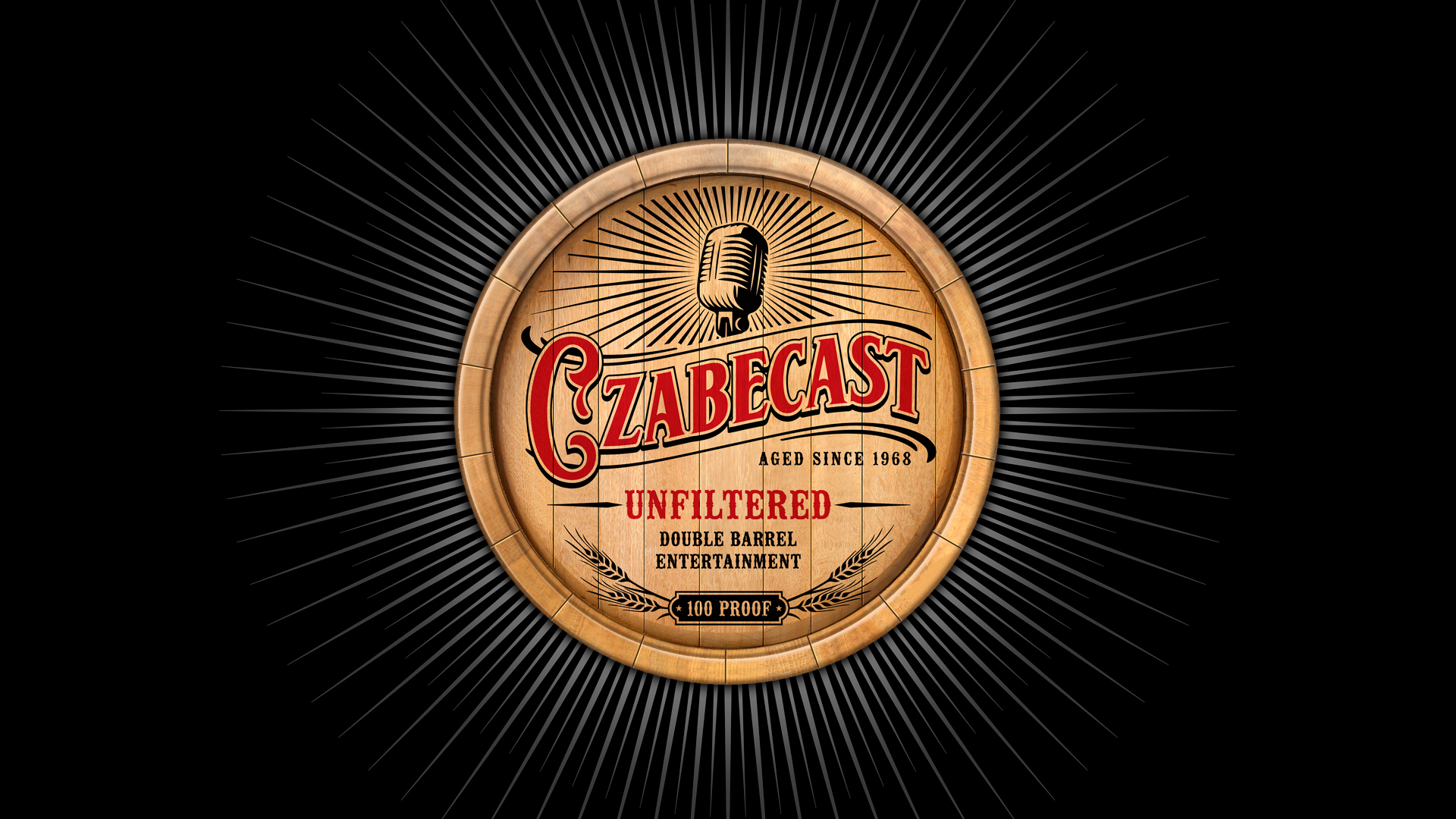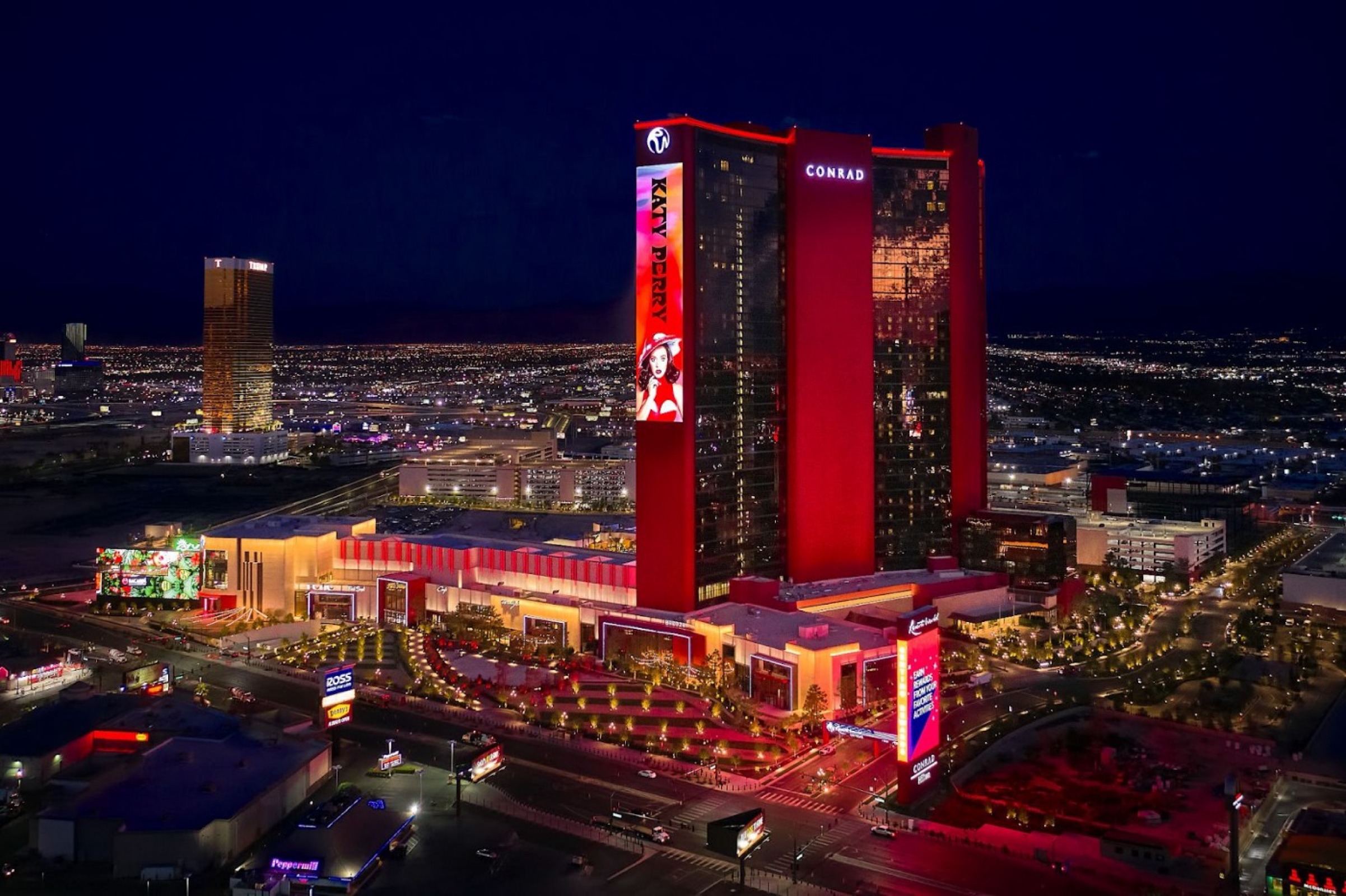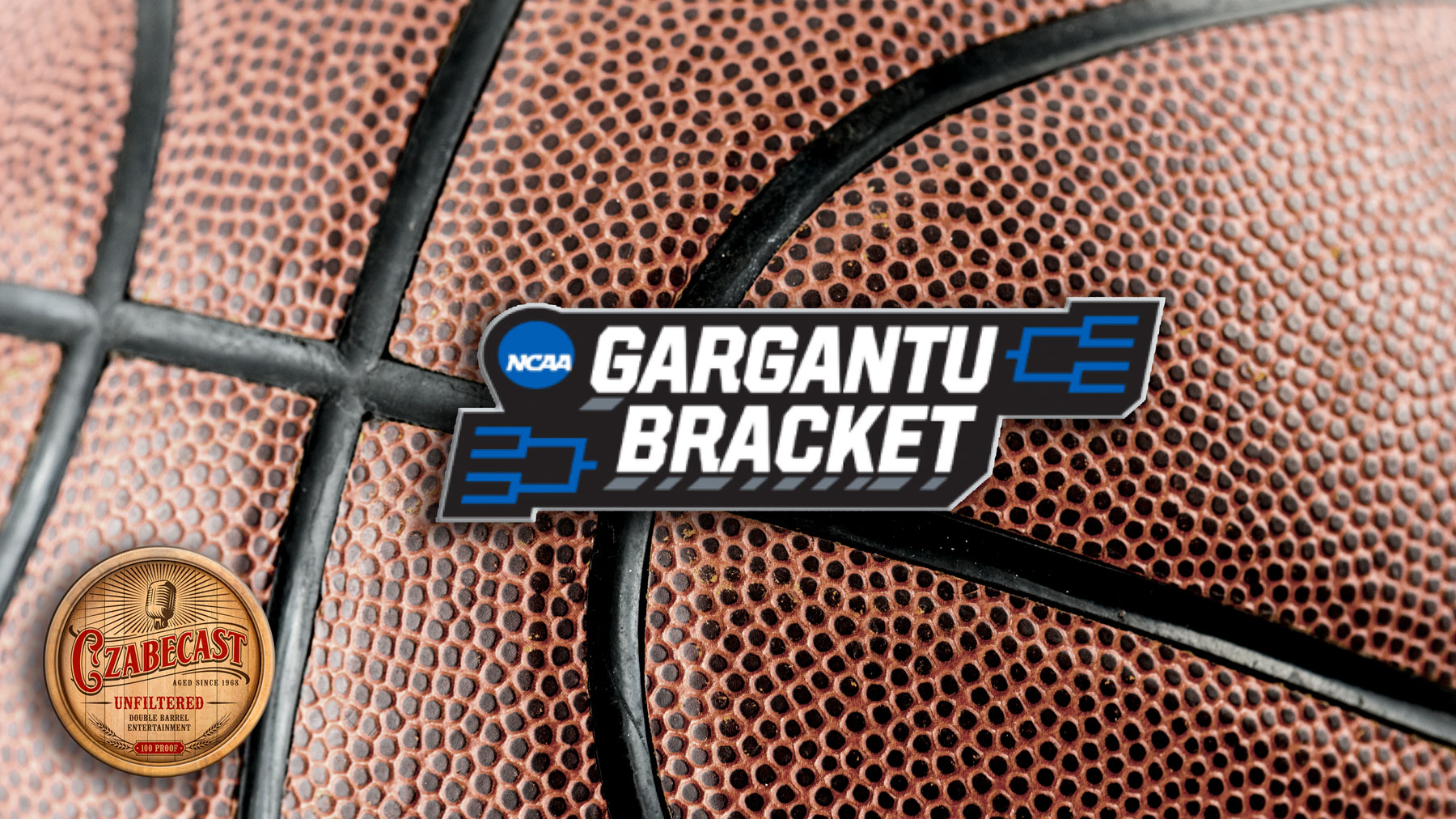Even as it is becoming more and more accepted that vertical jumps, 40 yard dash times, bench-press reps and the like are worthless data harvested from the annual NFL Combine, one supposedly “vital” element of the process remains stubbornly worshipped: the “player interview.”
This was the subject of multiple heated debates on my nationally syndicated radio show this week (The Steve Czaban Show on Yahoo! Sports Radio. Sirius and XM 92, also www.streamysr.com. Ding! Ding!) whereby my co-host bristled at the notion I would forgo the sit-down interview if I were an NFL GM.
“Whaaaaat! Are you kidding! Don’t you want to get to know a guy better!? This is somebody you might be entrusting to be the face of your franchise!”
Yes. I would SKIP the interview. For one very good reason: I wouldn’t want to get snowed, or fall in love.
Right on cue, the prospect with the most derelict off-field record in twenty years, is getting praise for not raping a co-ed in front of NFL personnel men.
“Charismatic Jameis Winston Erasing Doubts in NFL Combine Interviews”.
Bwhahahahahahaaaaa!
/milk shoots out nose
If the interview process was so crucial, and if it was so good at “sizing up” an important player like say, a quarterback, then how do you explain Jamarcus Russell? How come nobody could figure out this guy was a lazy, over-eating fan of the “Purple Drank” and not much else?
The otherwise smart Steve Young once said that Mark Sanchez came off as “almost presidential” in his presentation in one-on-one setting in the lead-up to the draft. This sounds comical now, looking back. Not that Sanchez was entirely un-successful or as big of a shit-heel as Russell, but he basically underachieved at the position while enjoying the Gotham Pussy Express and posing shirtless for as many glossy magazines as possible.
Hell, think about RG3 for a minute. Not only did the vaunted “interview process” not ferret out the fact that Griffin is a complicated, insecure, locker-room polarizing figure (with a deep delusional streak), but Griffin was able to maintain a great facade for almost a year and half.
I know, I was one of those guys who was utterly duped.
I said on multiple occasions Griffin’s rookie year that he seemed “freakishly mature” and that he always managed to say just the “right thing” after wins and losses. And it sure SEEMED that way… when the team was winning, and Griffin was lighting up SportsCenter.
But as soon as adversity set in, the real Robert showed up, and the scales fell from my eyes.
I laughed when I saw a tweet from an NFL writer this week at Indy who said the “buzz” was that Oregon’s Marcus Mariotta was “killing it in the interview process” that day. I can promise you, that tweet was not sent in sarcasm. Some people still believe in this witchcraft.
Maybe he’ll end up like another Oregon quarterback who was drafted in the top-5 and ended up flunking out of the NFL: Joey Harrington. The pundits touted things like the fact he played piano as evidence of his intellect, and somehow projected that onto the gridiron.
Harrington played six seasons for 3 different teams. He was a career 56% passer, with a 69 passer rating, and upside down on TD’s to INT’s. Since the Lions, the Falcons and the Dolphins gave him a chance, it’s hard to say he was the victim of organizational ineptitude.
And Joey was, and is, a super nice guy. In fact, Lions fans and writers were reduced to calling him “Joey Blue Skies” and “Joey Sunshine” in his dying days as a Lion, as he refused to succumb to negativity amongst the losing.
Even the vaunted “whiteboard session” barometer for quarterbacks – a sort of “football-only” interview – is basically worthless. Some quarterbacks excel at drawing up plays and diagnosing coverages while seated in a classroom, only to panic and wilt under the first sign of pocket collapse.
Other quarterbacks like Cam Newton laid the biggest turd in front of a whiteboard, and yet he’s steadily making his way as a viable NFL starter.
So why do NFL executives and so many fans still believe in the witchcraft that is the “personal interview” for football players? Two reasons: fear and ego.
The fear of NFL execs is that should they shun interviewing a player, and he turns out to be a bag of shit person, the fans will scream bloody murder: “Why didn’t you INTERVIEW HIM first!” The ego comes from the fact we all think we’re really good at “sizing somebody up” when you sit down and talk to them face-to-face.
Sure you are.
The same guy you think you are “sizing up” is busy trying to snow you, and usually doing so with the help of the best consultants, media coaches, and agents.
None of it is going to matter come Sunday afternoon.
And lest you think that a “personal interview” is only irrelevant for a blood sport like professional tackle football, think again. New studies are concluding the same thing when it comes to regular office jobs.
As a tool for picking the best candidates, it’s almost entirely useless. Social scientists have argued in vain for years that the standard open-ended, unstructured interview does essentially nothing to improve the quality of the candidates selected. In fact, a new study now suggests, unstructured interviews aren’t just a waste of time—they may actually harm companies’ and schools’ ability to select the right people.
This may seem incredibly counterintuitive. As much as we hate job interviews ourselves, few of us would want to hire employees without meeting them. However good a person looks on paper, it’s tempting to think there’s some x-factor that will tell us if she’s right (or not) for the job and that our instincts, especially if based on long professional experience, won’t steer us wrong.
“This is just not something that people like to hear,” says Jason Dana, the new paper’s lead author and a visiting assistant professor at the Yale School of Management. “For whatever reason, we have a deep-seated need to feel that we can judge character.”
When I was young and interviewing for jobs out of college, I remember reading in some book about how a mythical boss would casually ask his potential hires to go across his office and open a window to get some fresh air. However, the window was screwed permanently shut. Prospect after prospect would tug at the widow sill in vain, before ultimately giving up.
Until one hungry young buck, after exhausting himself on the task, took off a shoe and whipped it through the glass, delivering the boss his desired dose of “fresh air.” Naturally, that guy got the job, thanks to his maniacal focus on “finding a way” to get the “job done.”
I prayed that I might come across a boss like that in an interview. I was prepared to chuck my goddamn chair through that mythical window if needed.
Sadly, it never happened.





That guy throwing his shoe through the window sounds like a psychopath. I’d hire him.
I think that it is a media phenomenon much more than a ‘professional’ phenomenon. The media has really latched onto the draft process as a method of expanding its market for the NFL product. The combine combines two things that are easily understood by the mass media and the consumer of mass media: human interest (the interview process) and simple, easily understood (although fairly meaningless) stats (bench press, 40 times, etc.). I sincerely doubt that GMs, scouts, and coaches put nearly as much stock into the combine as do general fans and the media. Maybe they do, though, it is really hard to say because no team is going to talk in anything more than vague generalities about their evaluation process; suffice to say, several sports statisticians (the inimitable Brian Burke being one of them) have demonstrated that NFL teams in general are getting better at evaluating and drafting players. However, there will always be plenty of busts.
The problem lies in several areas. The first is the high variability of football stats. Because football is such a complex, team-oriented sport any one players stats can vary a great deal from game to game and year to year. Second, many of the successful things players do on the field cannot be easily converted into a statistic. Third, it is impossible to project college stats into the NFL because the college game is so different; the type of schemes and the huge disparity in talent within a team and between teams being the primary drivers of this phenomenon.
Because of all this, a lot of the draft is, and will remain, pure luck. Again, several statisticians have pointed out that while teams are getting better at evaluating talent, so much of the process is just plain luck because there is such a massive number of variable involved. With all the built-in (and likely insoluable in the medium term) shortcomings of the ‘objective’ evaluation process, it should come as no surprise that the ‘subjective’ evaluation process of the interview are seen as important. When the objective process isn’t much better than a coin flip, it would be just as logical to have a chicken prepare your draft board.
So, I don’t quite understand the hostility towards the whole combine. It benefits you, Czabe, as a member of the media because you get to talk about the NFL more. It benefits the fans because it gives us more of the NFL product that we love. And it probably doesn’t really hurt the teams at all, or at least no any more than any of the other stupid things they do (like sub-optimal playcalling). Sit back and enjoy the fun of seeing how the guys from your school(s) do. Learn to stop worrying and love the bomb.
Scouts can watch film and talk to coaches and other people involved with the player. But, the combine is the one place where if he ever must be at his best, this is it. Even if he has to fake it…is he capable of faking it?
With every bust that gets through (i.e.:Johnny Football), the ‘red-flag’ radar gets more refined.
I’d say you may as well continue the interviews. At the very least you will weed out the guys who are such a big idiot they can’t even pull it together to act like they give a crap. For all we know, a lot may already get weeded out due to that. (probably not)
Have to agree with the whiteboard assessment. That should be more of a look back at his college tapes to see how he reacted under pressure and compare it to the “proper” response in any of those situations.
There was a red flag regarding the worthlessness of Jamarcus Russell, and it came from an interview none the less:
http://profootballtalk.nbcsports.com/2015/02/22/matt-millen-warned-al-davis-against-taking-jamarcus-russell/
It just seems like the Raiders were blind to it.
At least if you interview, you can see first hand if they smell like weed.